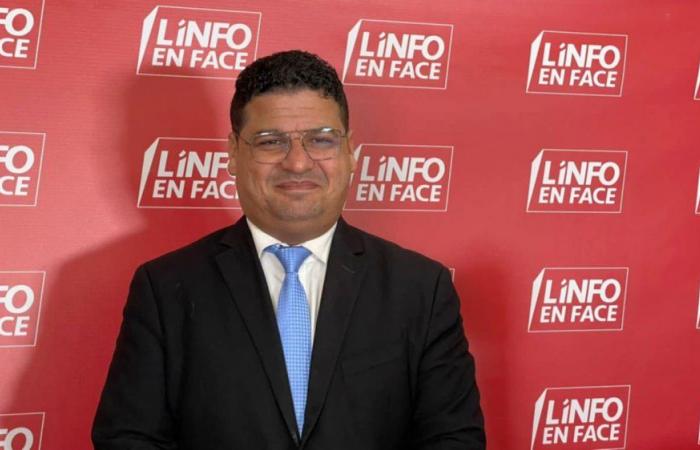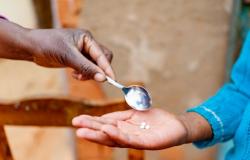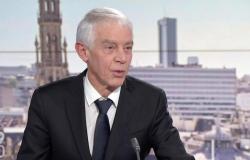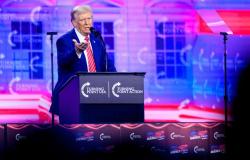According to the guest of the show, this decision aims to revive the economy by sending a positive signal to economic agents. And to specify that: “The Central bank acts in a neutral and technical framework, far from political considerations. This reduction is therefore a measure motivated by the stabilization of inflation and the socio-economic situation overall. “This measure is above all technical and pragmatic,” explains our specialist. The main objective is to stabilize the monetary balances and encourage growth. And although the immediate effects are limited, this initiative is a lever to encourage economic agents to invest, especially in a context marked by forecast growth of 2.6% for 2024. “The objective is to create a environment conducive to revival of the economy“, he explains.
What impact on credits?
The transmission of this decline to commercial credits will therefore depend on the context and the bank confidence in the economic agents. Common point with other analysts who have followed one another on the issue: the drop in the key rate is not systematically and immediately passed on to loans.
Reduction in the key rate and absorption of unemployment: no direct link!
Regarding the public debt managementone of the questions that often arises is whether the country's current debt is sustainable. For Mehdi El Fakir, reforms are necessary. “With debt service increasing from 38 to 45 billion DH in two years, Morocco must rethink its management mechanisms“, he insists. He recommends the creation of a National Investment Bank to optimize the debt and strengthen Public-private partnerships (PPP). Finally, he recalls that the tax contribution represents 90% of State revenue, a fragile balance to be protected.
Tax amnesties: also a way to inject cash into the banking circuit
Can Morocco afford a new loan on the international markets in 2025? Mehdi El Fakir believes that the timing could be favorable, thanks to a stabilization of geopolitical tensions and the return of a positive international situation. However, he warns: “Debt must finance strategic projectsnot fill social deficits. With a potential target of 30 to 35 billion dirhams to be raised and a previous rate of 6 to 6.5%, the expert calls for careful preparation to take advantage of opportunities while limiting risks.






